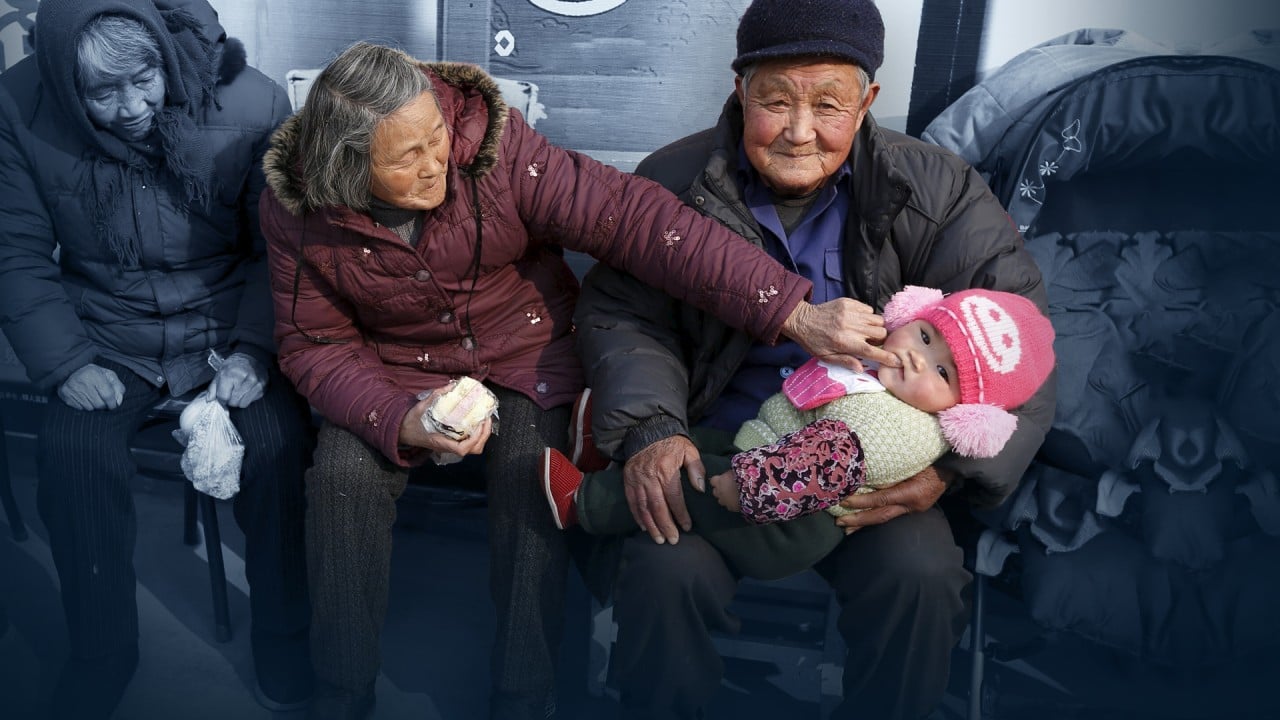
What a US-China biotech war would mean for Hong Kong and the world
- Biotech is especially important given the ageing population and economic ambitions of Hong Kong – and China as a whole
- For the world, biotech protectionism will lead to more expensive treatments and greater health insecurity
With the global electronics industry still reeling from the latest volleys in the semiconductor trade war, biotechnology could become the latest strategic sector in the US-China technology competition. Yet if biotech is divided across geopolitical lines, it could have worrying implications for global health and biosecurity.
Meanwhile, China announced it was considering banning the export of cloning and gene-editing technologies.
APIs are only one part of the plan, as laid out in the report, which sets out goals for biotechnology applications in climate change, supply chain resilience, health and basic research. Data security, biosecurity and food security will also be major focuses.
The world is on the cusp of an “industrial revolution” in the field, US officials say, that will change the way we make things, what we eat, and even how well and how long we live. It makes sense to focus on emerging industries, where supply chains are not yet too deeply intertwined. And a heightened focus on biosecurity is justified when it comes to technologies that have the potential to be weaponised.

On one hand, finding new ways to produce materials that will underpin the new-energy economy should have widespread benefits. But the ubiquity of biotechnology will make it even harder to tease out which areas present real national security risks.
The Hong Kong government has estimated its proportion of over-60s will be even higher by then, at 36 per cent. Alzheimer’s, cancer and other diseases of ageing will further burden the respective social service systems.
More importantly, biotech is an industry built on global collaboration. For example, Grail, the US liquid biopsy company, acquired technology through a 2017 merger with Hong Kong-based Cirina, which was founded by Chinese University of Hong Kong professors. With cancer the second leading cause of death globally, due in large part to late diagnoses, this type of global knowledge transfers can save lives and address the ageing burden.
With the Covax Facility programme to bring Covid-19 vaccines to lower-income countries possibly winding up this year, it’s a reminder that engagement from both the public and private sectors is needed to prevent biotechnology protectionism from leading to more life-saving treatments that only those in a club of rich countries can afford.
Colleen K. Howe is a programme associate at the Asia Business Council


